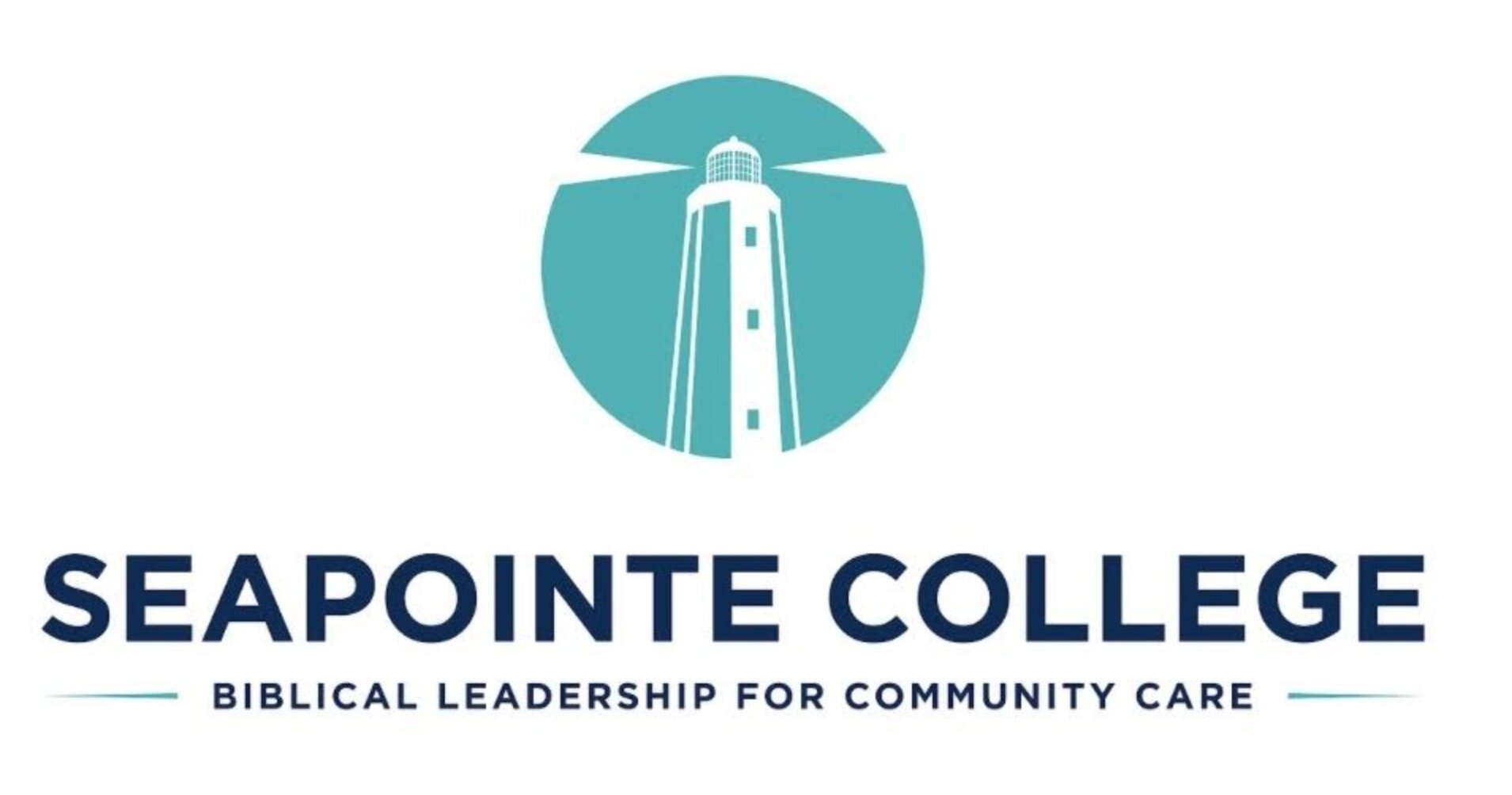
Bob Marley was a musician, not a scientist, but what he said holds a certain truth: “One good thing about music, is when it hits you, you feel no pain.” Research is finding that a melody has numerous health benefits. Studies shows that it not only helps people get through pain, but that listening to music could be the key to good health.
Chronic back pain: Music can work on the autonomic nervous system. When slow rhythm music is played, the heartbeat and blood pressure slow down, helping people take breaths more slowly, thus decreasing muscle tension in the shoulders, neck, stomach and back. Specialists have also found that music decreases psychological tension. When people feel pain, they become frustrated, frightened and angry causing them to tense countless muscles in their back. A regular habit of listening to music helps bodies relax mentally and physically, thus helping to ease and avoid back pain.
Franz Wendtner, a clinical psychologist, says that listening to music for around 25 minutes a day, 10 days in a row, can help avert back pain and make one sleep better. Experts think any kind of classical composition, take for example Beethoven or Mozart, can help ease muscle pain. Slow, calm music is also believed to help.
Improves workout: Specialists claim during exercise music can give a better workout in a number of ways. Experts say it can boost mood, grow endurance and can distract people from any uneasiness experienced throughout the workout. Also, research showed that listening to music after a workout can lead to a faster recovery of the body. What is more, it appears that any type of music can help the physical recovery process, which is one of the surprising health benefits of music.
Robert Herdegen of America’s Hampden-Sydney College in Virginia, observed the effects of 12 men riding a bicycle for 10 minutes while listening to music over the course of a day. He compared the effects from the first day with the effects of the same men riding bikes without music for 10 minutes the next day. On the days that the men exercised listening to music, they traveled 11 percent further compared to the days they did not listen to music.
Some studies suggest that music can help the release of endorphins–the natural “feel good” hormones that boost people’s mood and give inspiration to continue longer with an exercise routine. The best kind of music for exercise is believed to be high tempo and high energy, music such as hip-hop or dance music.
Reduce memory loss: Many people suffer from memory loss. Music can be used as a tool to help patients remember songs or tunes and keep in touch with their history. The part of the brain that processes music is placed next to memory. Studies have found that people with memory loss respond better to music of their choice.
Induce a meditative state: Listening to slow, calm musical beats can alter brain-wave speed by generating brain activity similar to that which is observed when a person meditates or is in a hypnotic state. Some studies show that using rhythmic stimuli such as music to encourage these states can have a therapeutic result, easing migraines, Premenstrual syndrome and even behavioral issues.
Enhance cognitive performance: Background music has been shown to improve performance in cognitive tasks. One study showed that listening to music helped test takers finish more questions in the time allocated, and even contributed to getting more answers correct. A more recent study suggests that whether or not music increases cognitive function depends on whether the music first improves a person’s emotional state.
Relax patients before and after surgery: Another surprising health benefit of music is that it can relax patients before and after surgery. One study found that listening to music helped keep cardiovascular surgery patients relaxed as they awaited their operations. Other research revealed that listening to music while resting in bed after open heart surgery helped to put patients at ease and reduce their stress levels.
By Rahad Abir
Sources:


